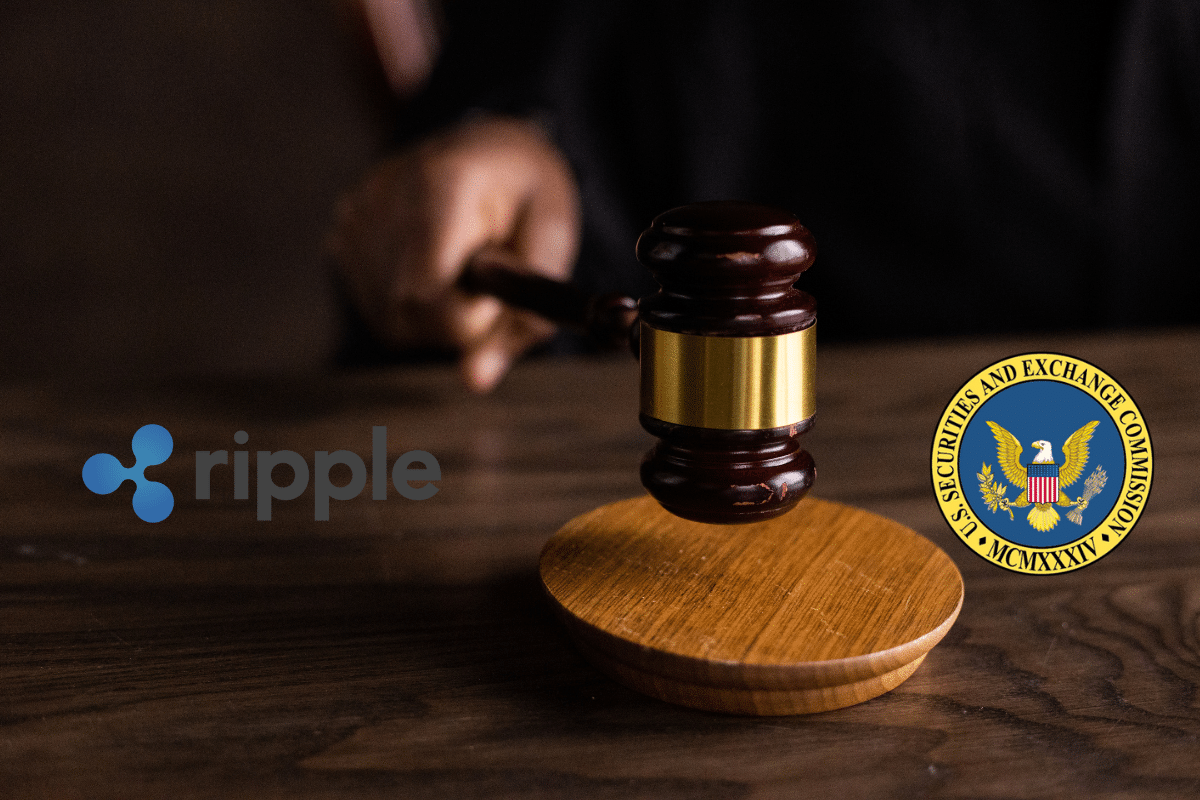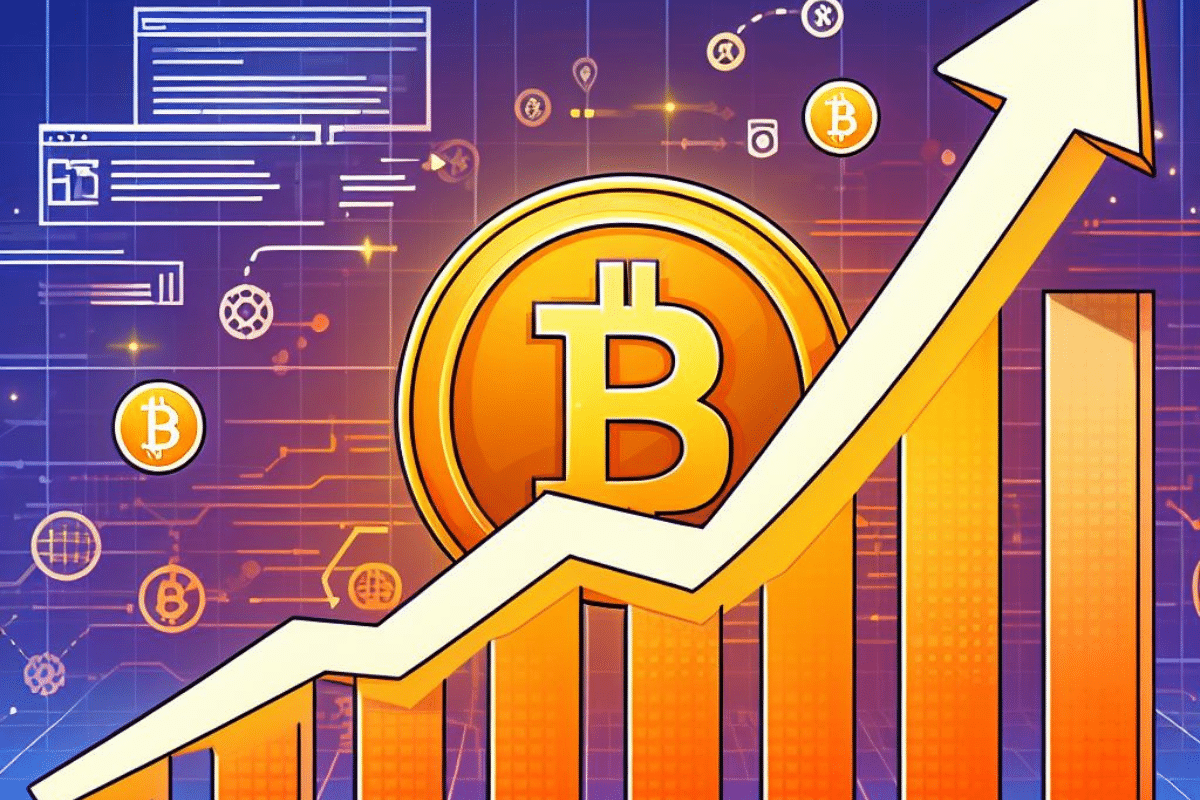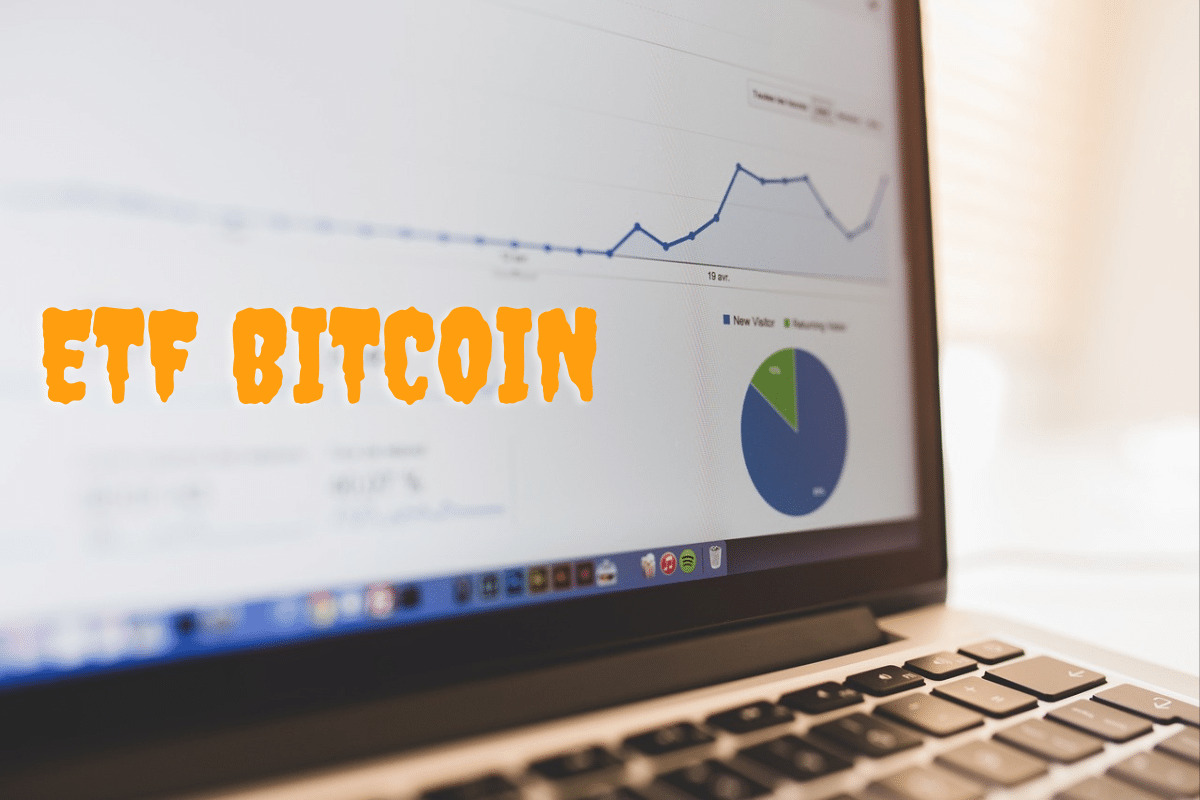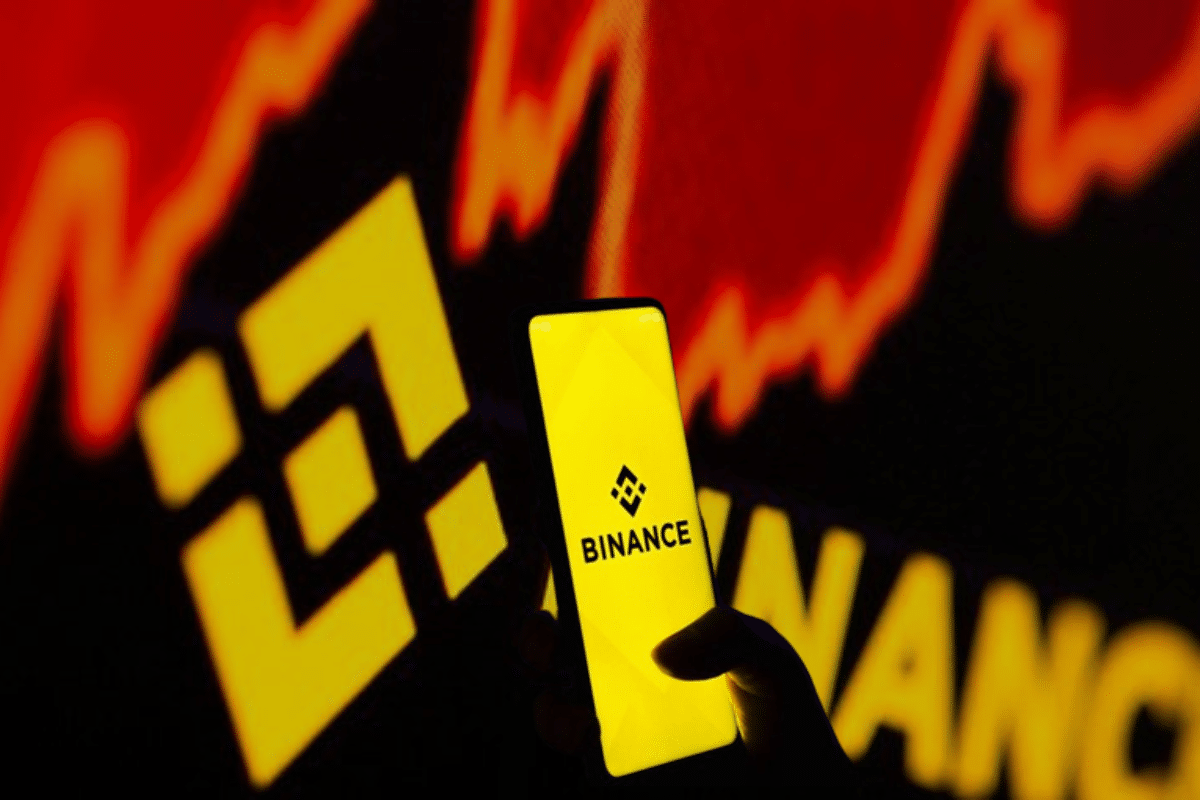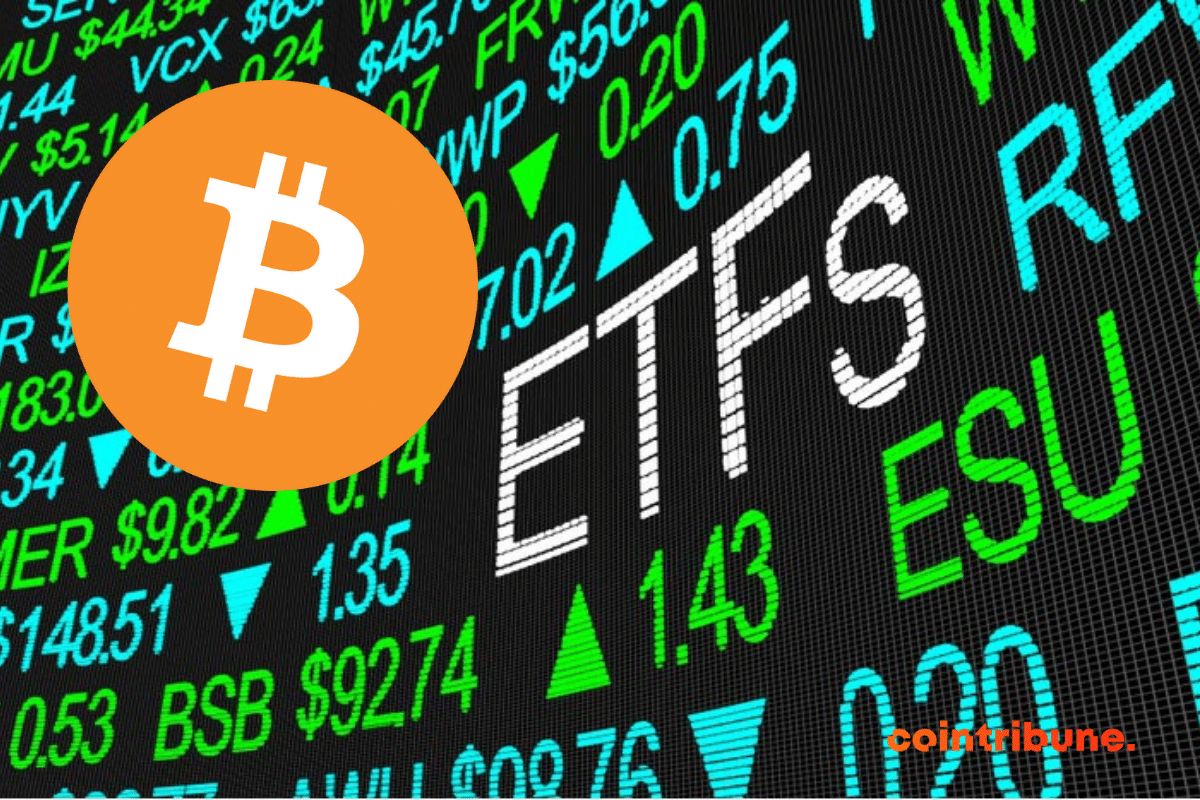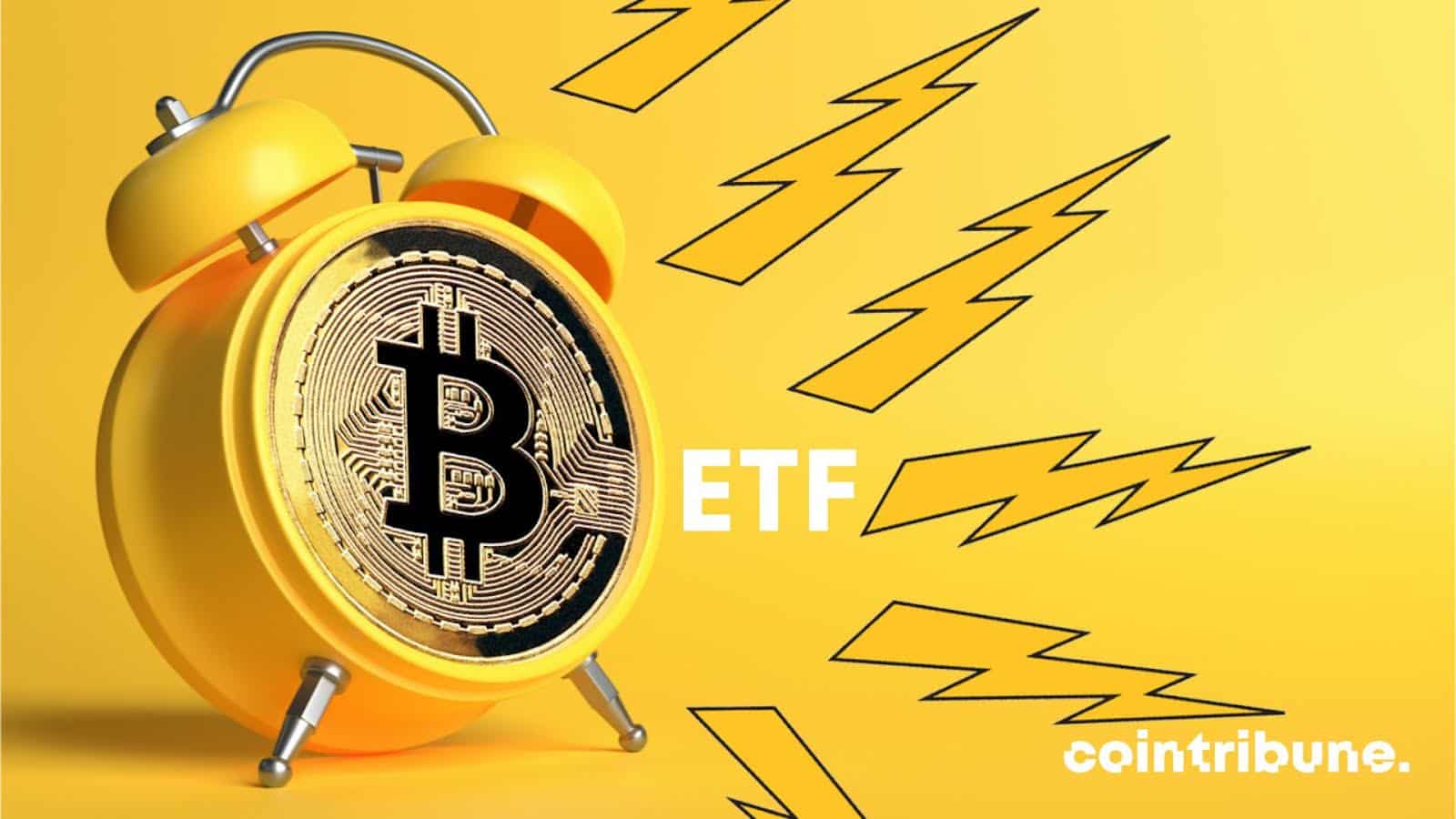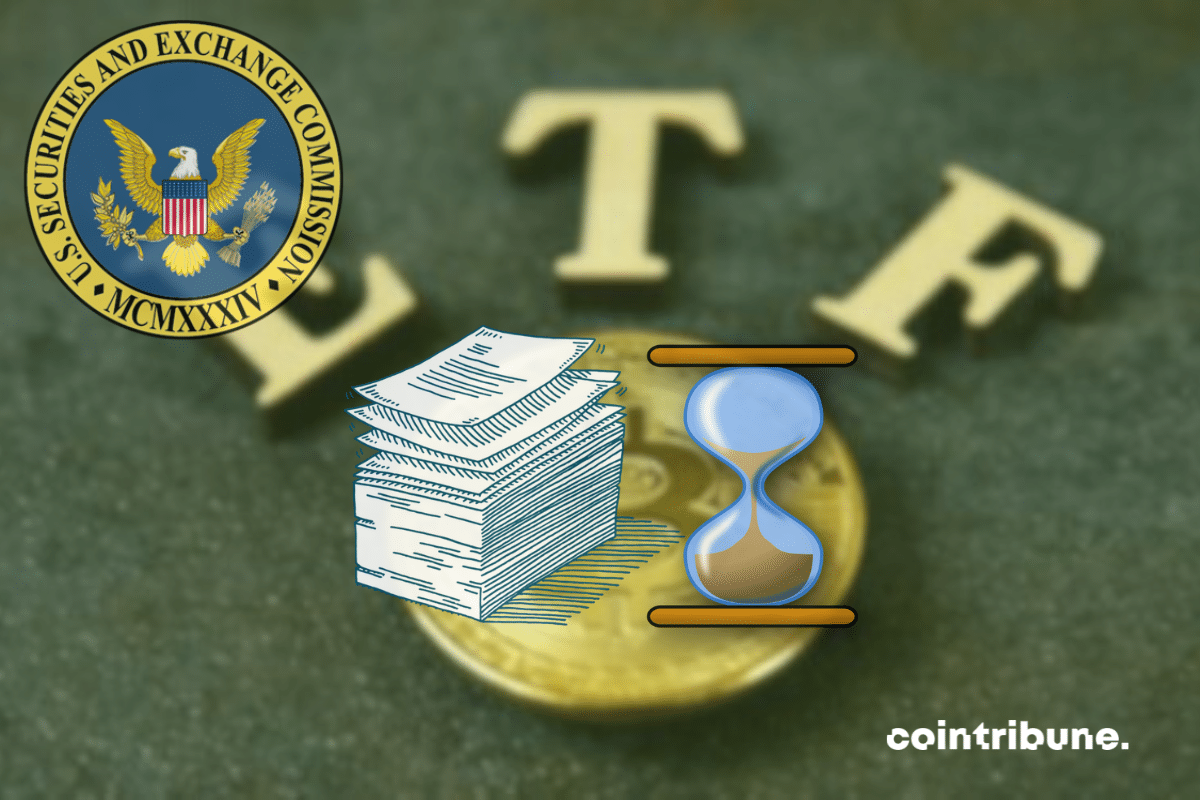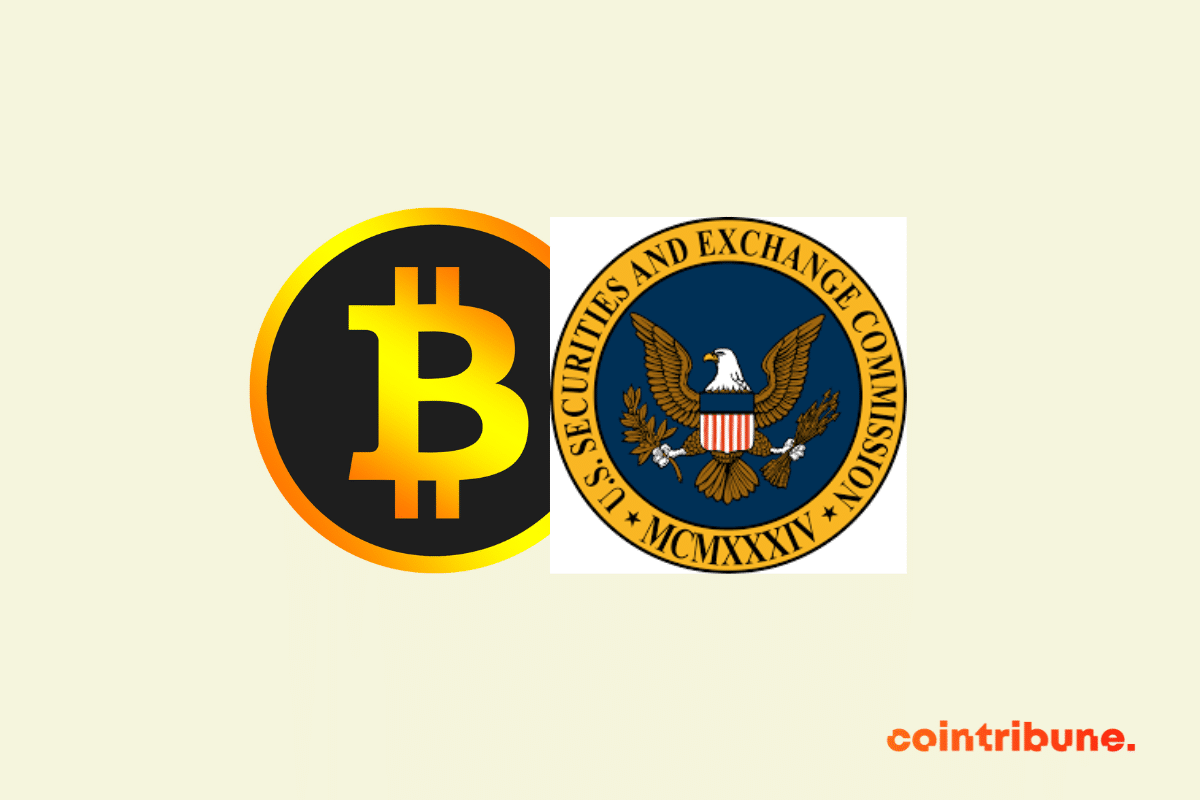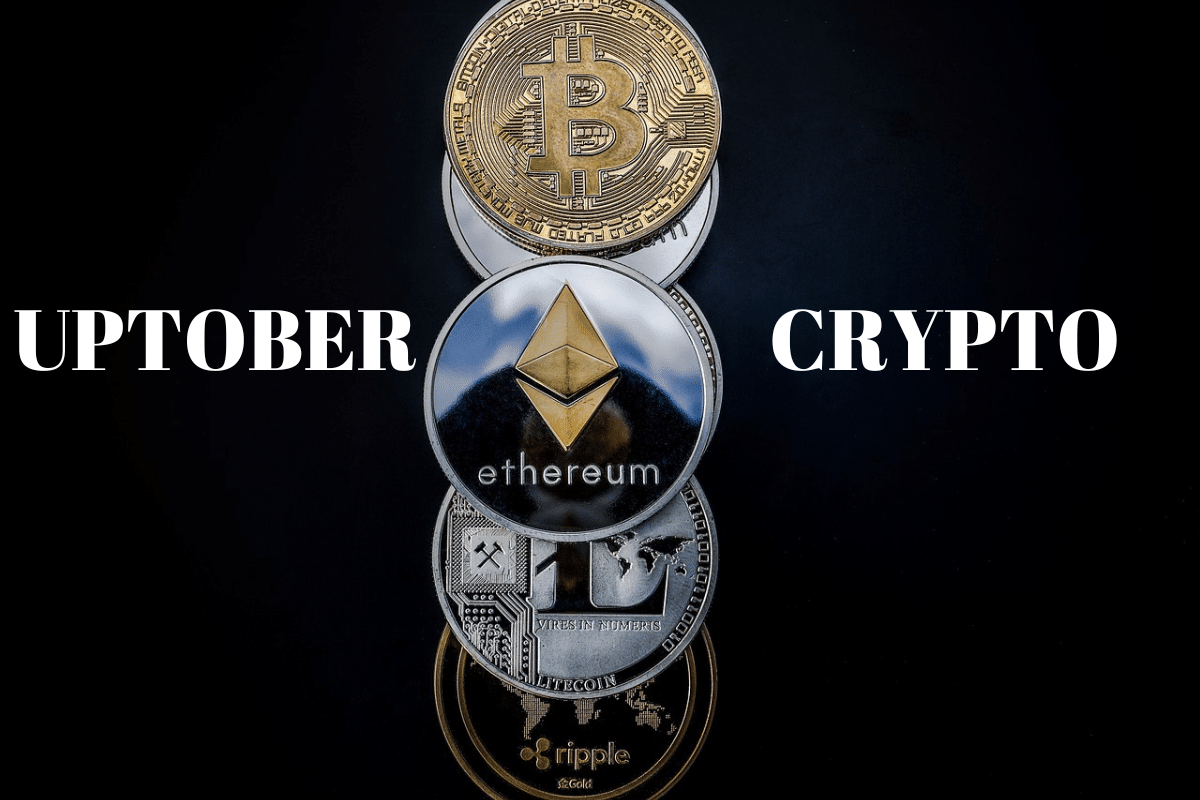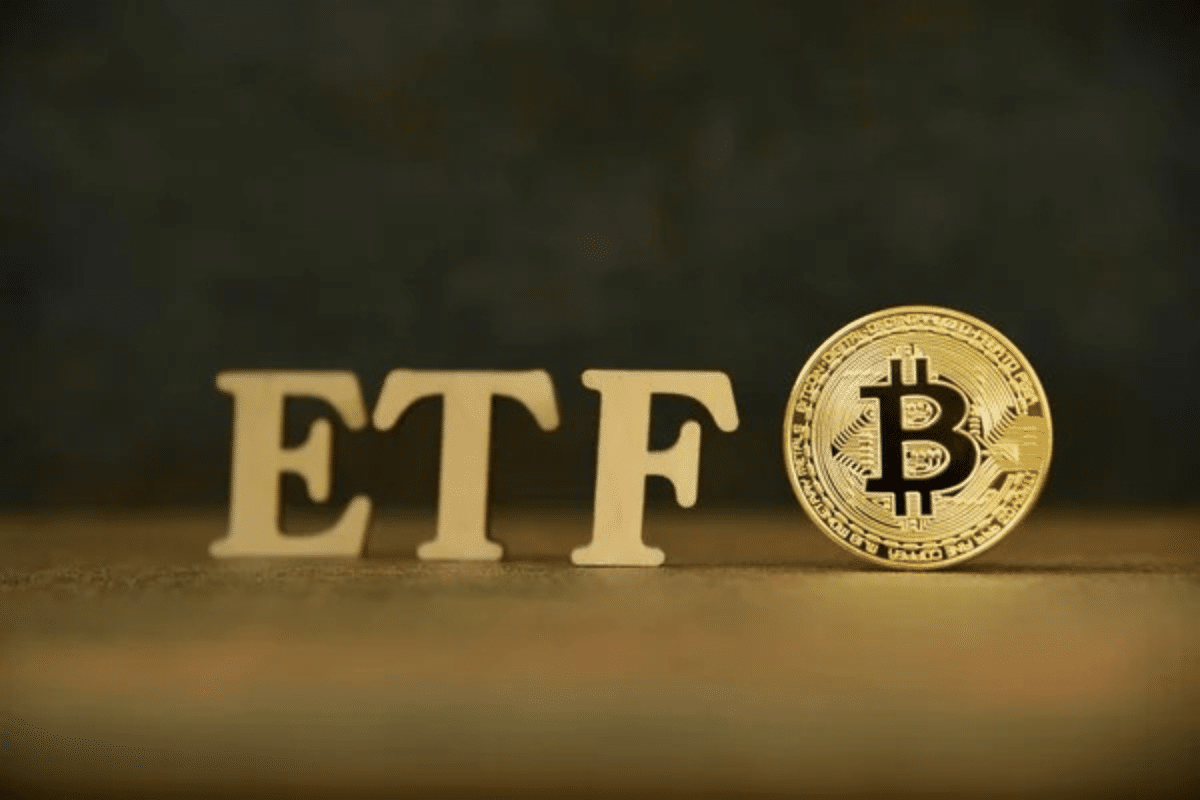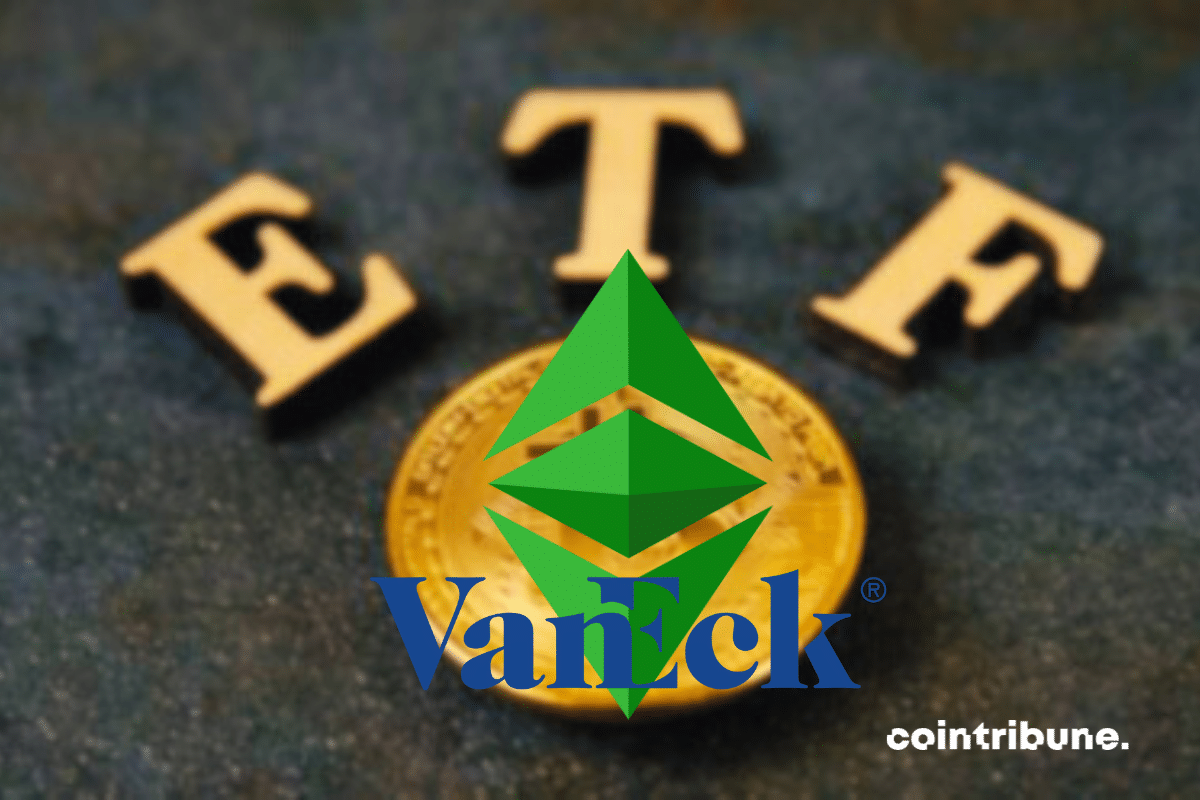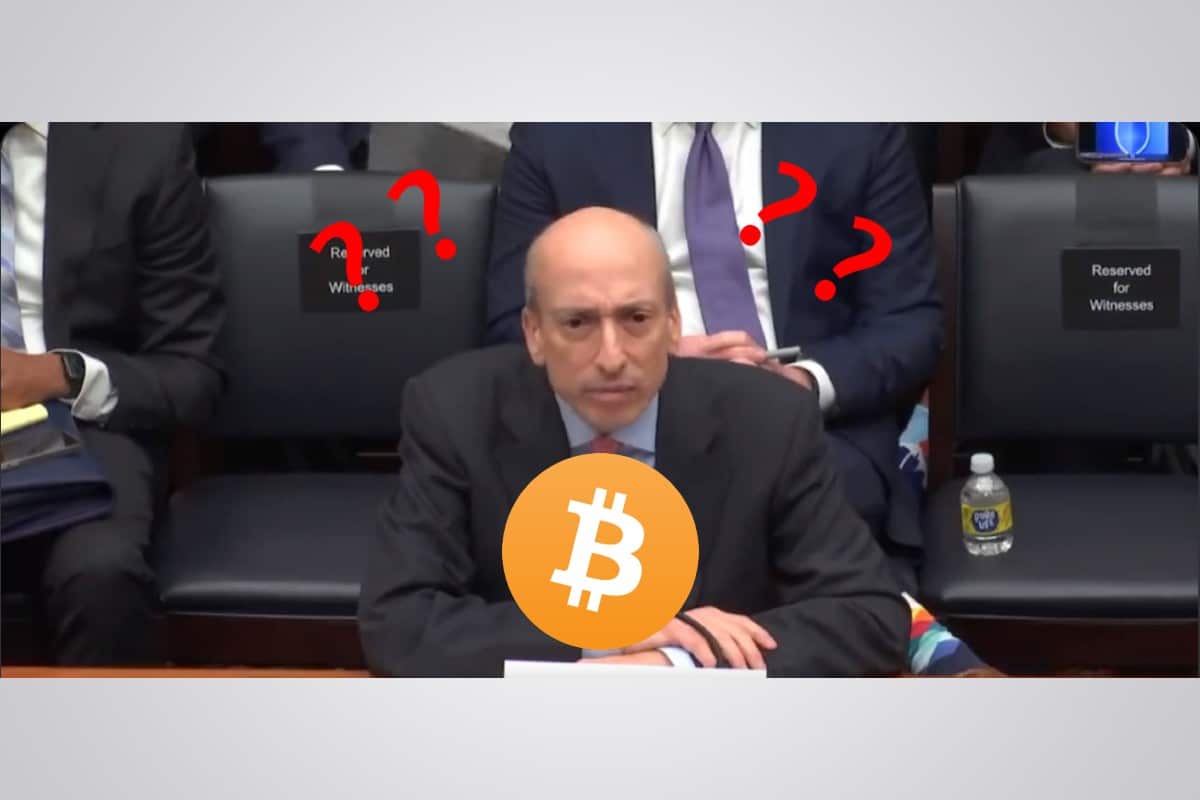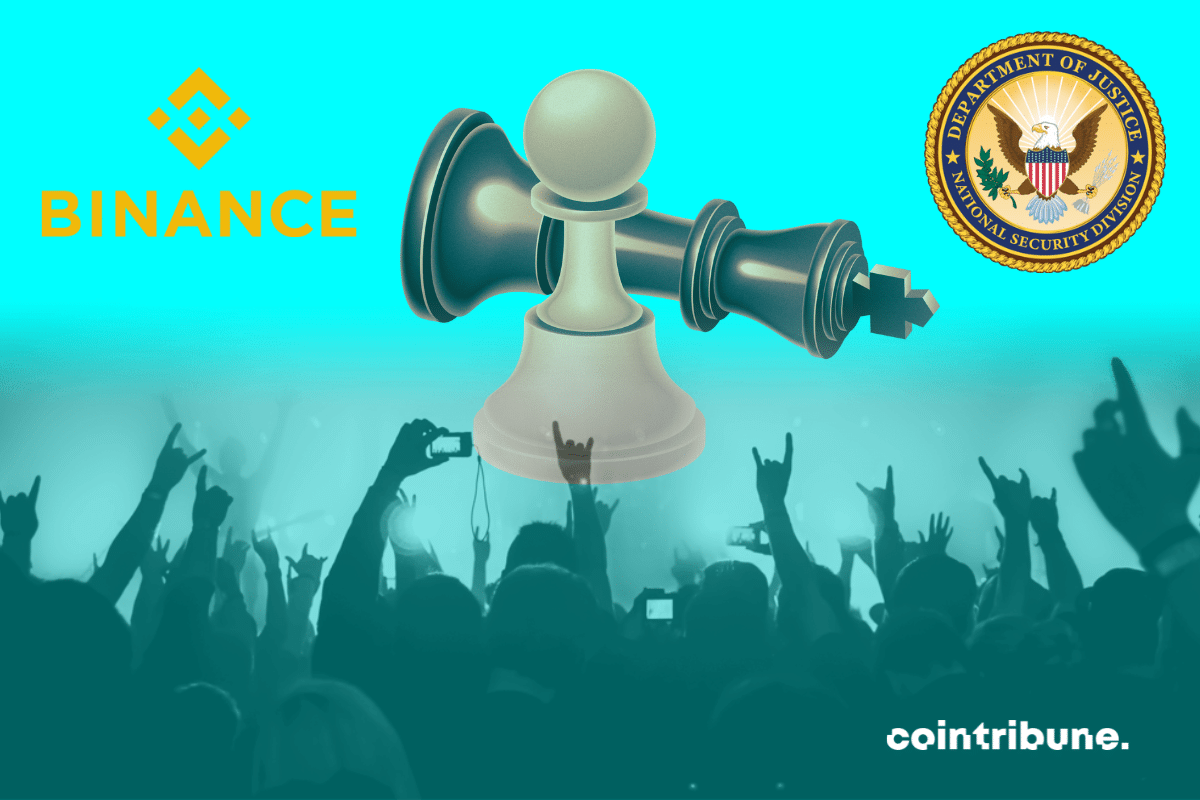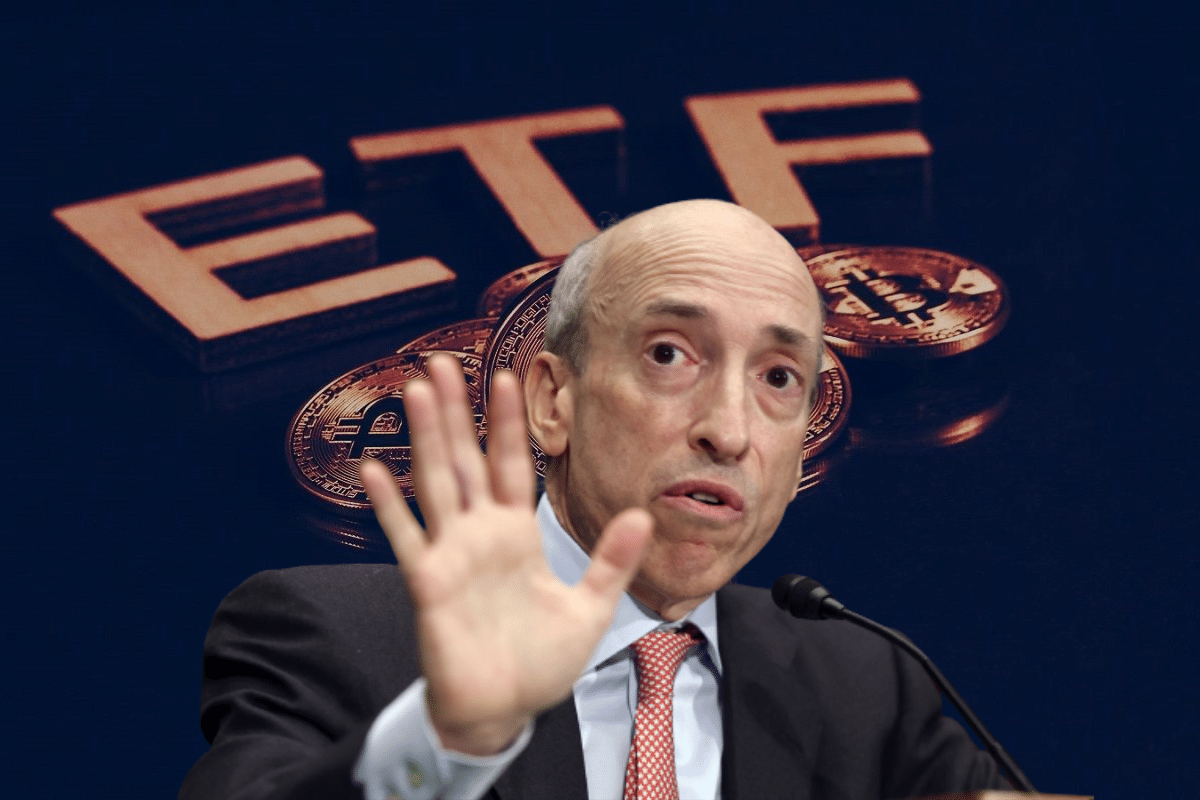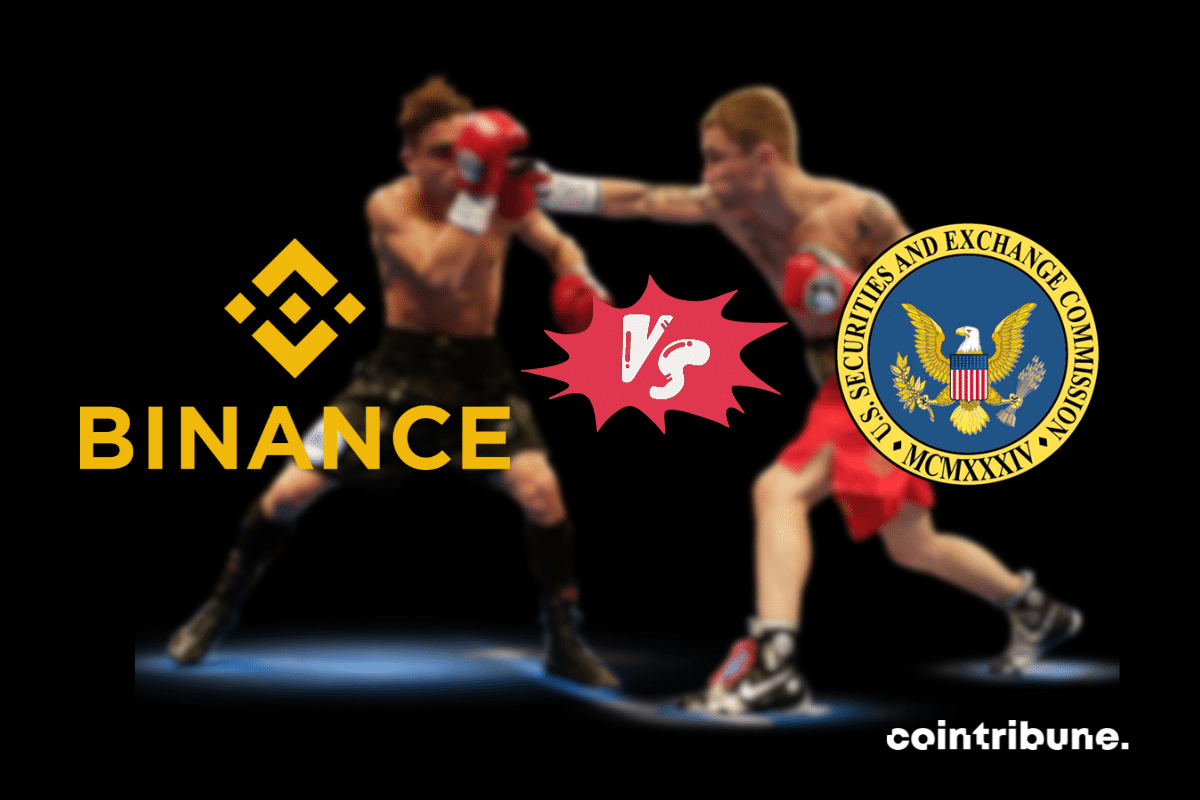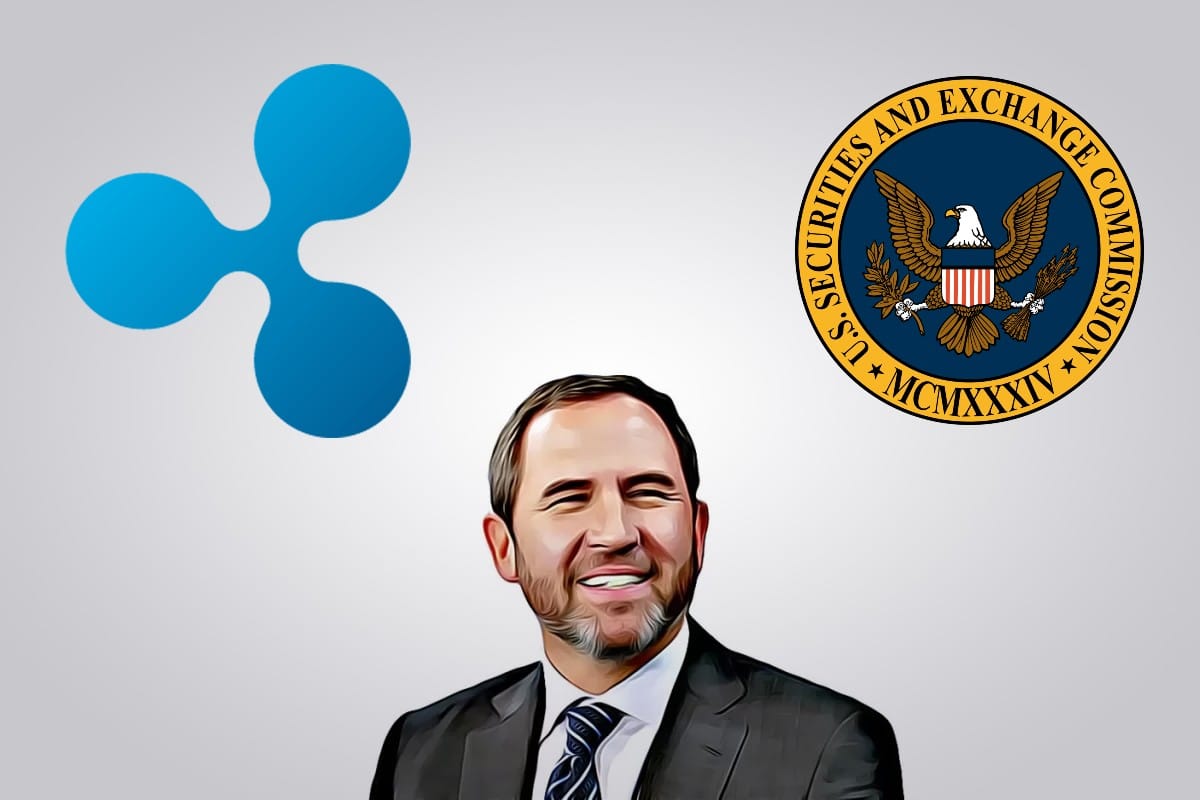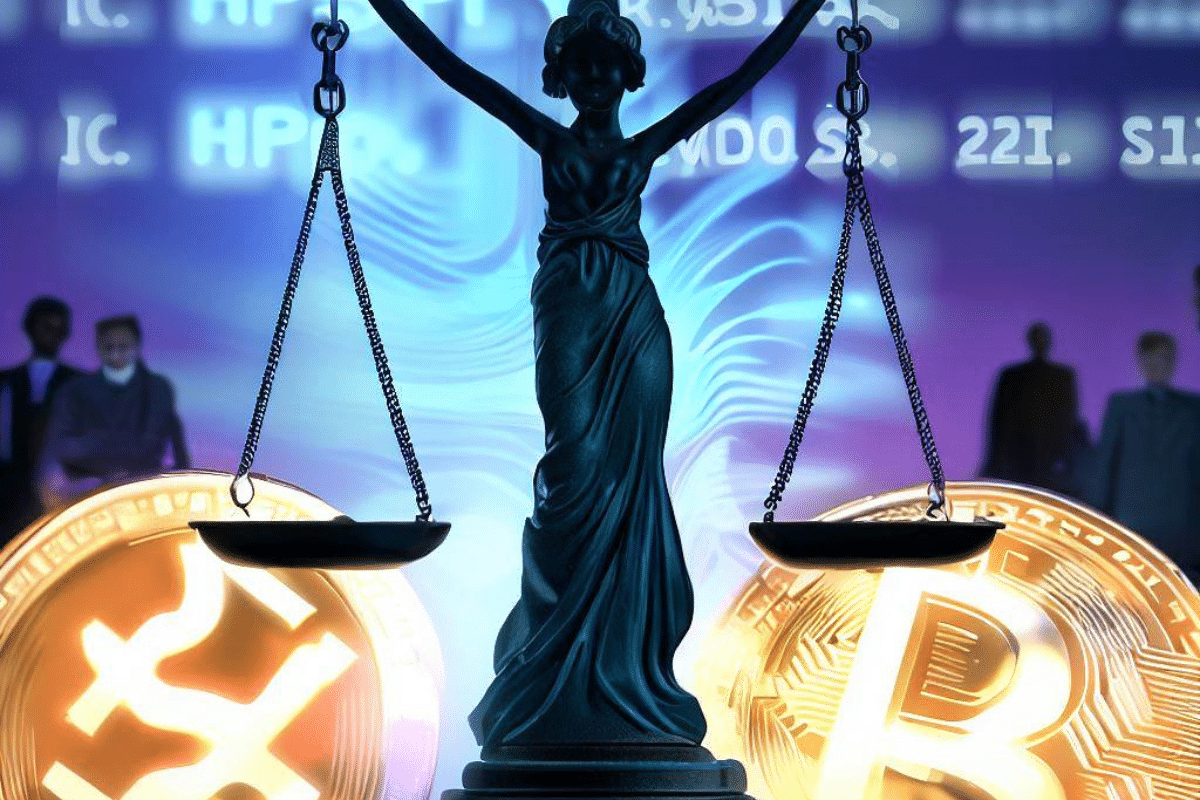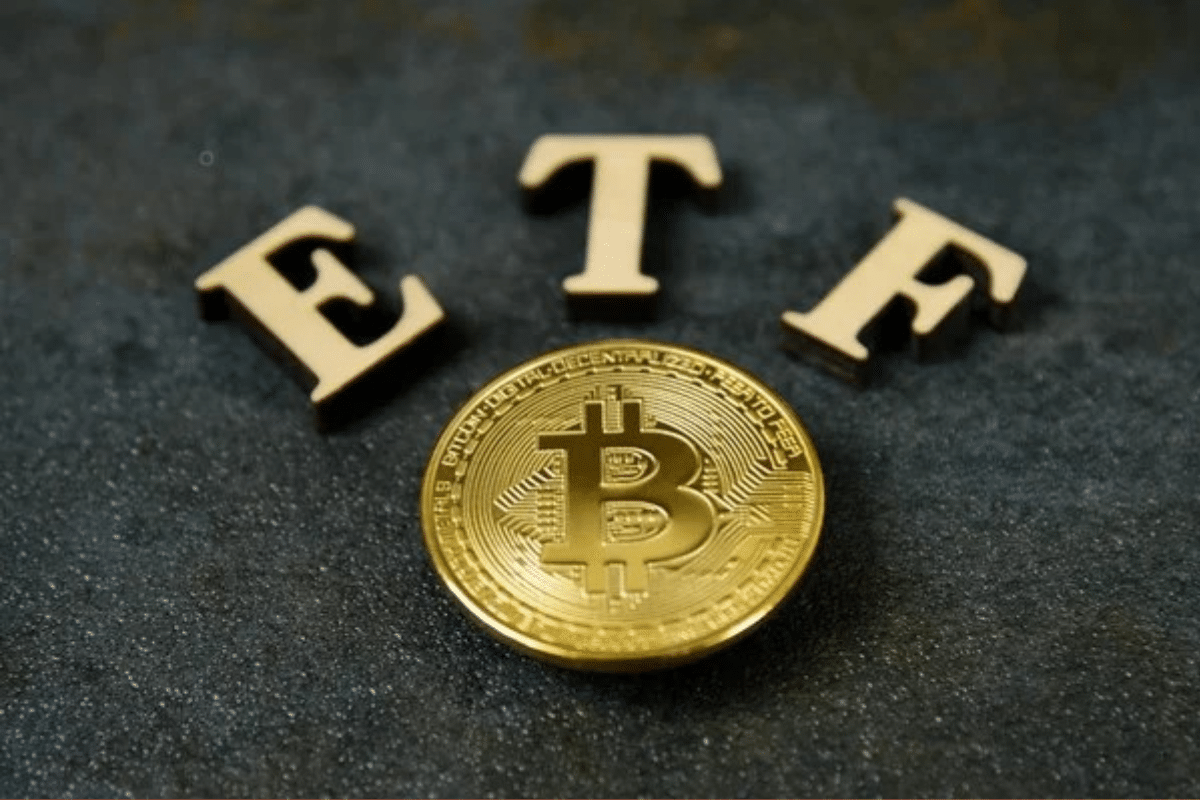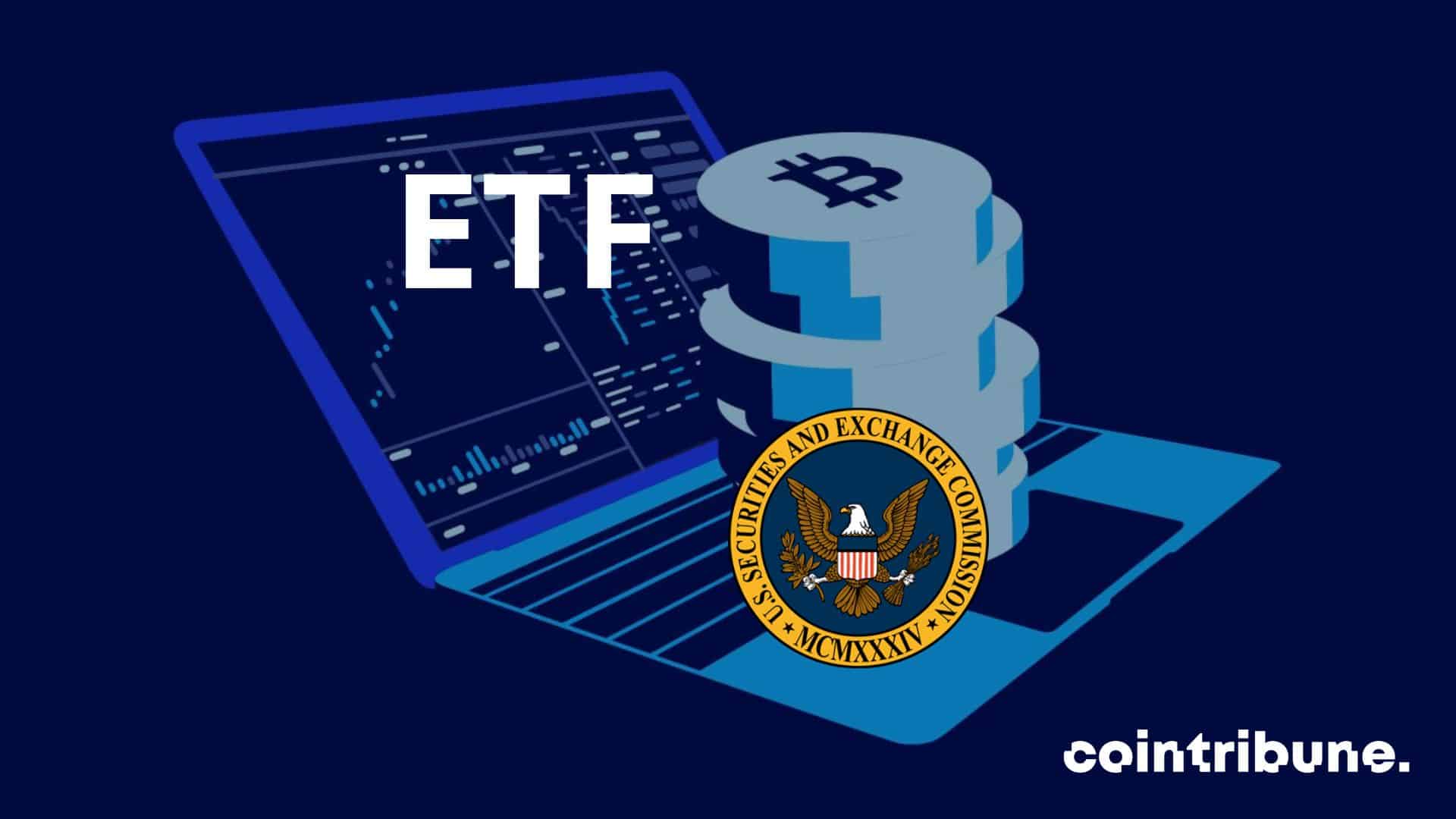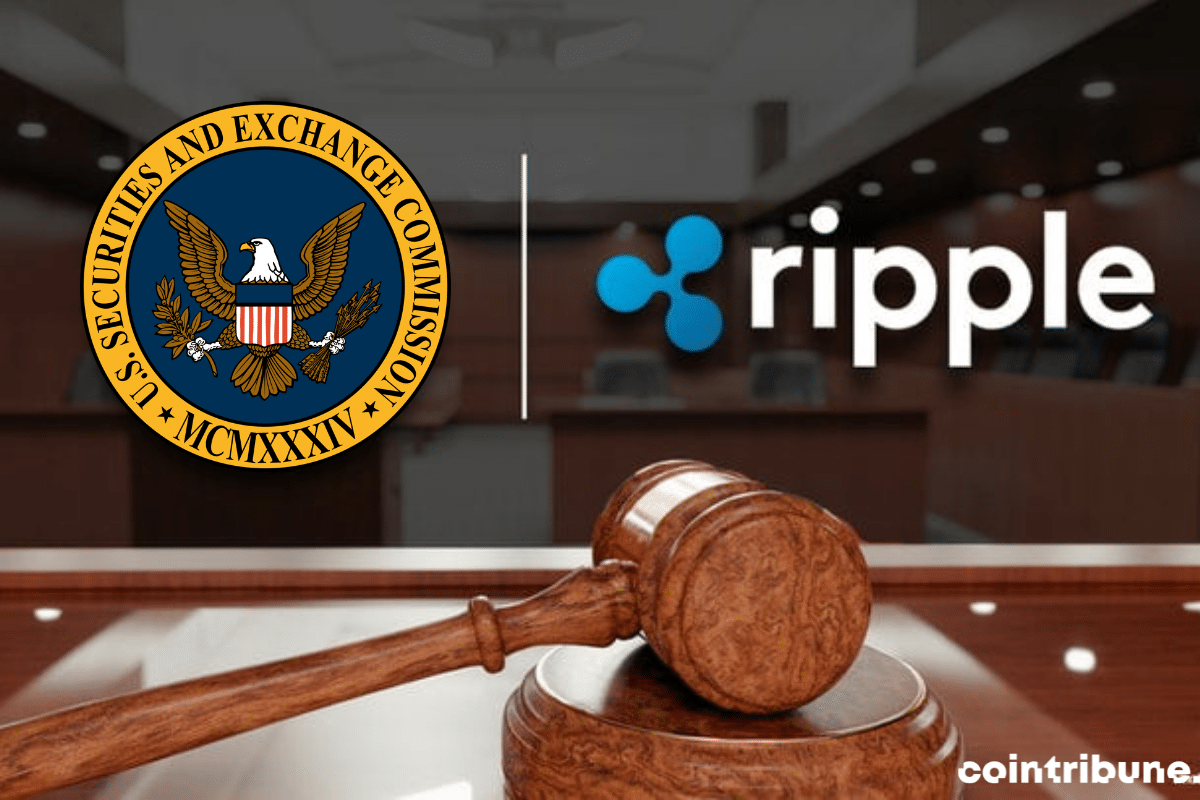The Ripple vs. SEC trial is arguably one of the most crucial in crypto history. The reason is straightforward: it could have significant implications on the legal status and regulation of digital currencies. According to John Deaton, the $20 million settlement signifies a 99.9% victory for Ripple in its lawsuit against the SEC.
Securities and Exchange Commission (SEC)
After months of operational struggle, Bitcoin (BTC) reigns over the ecosystem stronger than ever. In the past 24 hours, the asset's valuation increased by 3.18%, surpassing the symbolic $35,000 mark. This brought delight to enthusiasts of this crypto asset. A Canadian parliamentarian, a few days ago, encouraged the public to actively engage with this cryptocurrency that continues to surprise.
The Bitcoin frenzy continues to grow, as evidenced by the significant increase in visits to its Wikipedia page. This trend, observed in the context of a surge in BTC prices and anticipation for the approval of Bitcoin Spot ETFs, requires an in-depth analysis.
"The Bitcoin Spot ETF is a financial product that allows investors to access the Bitcoin market without directly owning the cryptocurrency. According to a study by Galaxy Research, the Bitcoin ETF could experience tremendous success in the years to come. Details below!
The financial market is eagerly awaiting the possible approval of a bitcoin spot ETF. In this regard, Fidelity, Ark Invest, and Invesco have recently updated their requests with the SEC. This is in response to letters demanding clarification on the matter. The crypto community perceives this action as a positive sign of ongoing dialogue between the companies and the regulatory authority.
Binance, the leading cryptocurrency exchange platform, is currently facing massive capital outflows. These movements appear to be motivated by growing concerns about regulation.
Rumor has it that the SEC is about to approve Ishares' Bitcoin ETF. Verdict tomorrow.
At the crossroads of financial giants, the crypto arena has become the scene of a legal drama that could redefine the future of digital currencies. At the center of this storm, Binance finds itself in the crosshairs of the dreaded US SEC. And, as the stakes continue to rise, Circle, the issuer of stablecoin USDC, invites itself to the negotiating table.
The race for the approval of a Bitcoin Spot ETF is gaining ground in the United States. Faced with pressure from legislators, the SEC, the crypto market regulator, could soon put an end to the suspense and make a final decision.
Billionaire Elon Musk purchased Twitter last year, a highly publicized acquisition that continues to make waves. Meanwhile, the platform's leaders are strategically positioning it within the crypto ecosystem.
One Step Forward, Two Steps Back: SEC Approves Bitcoin/Ethereum Futures ETFs, but Remains Cautious on Bitcoin Spot ETFs. Crypto Community, Financial Institutions, and U.S. Officials Grow Impatient. When Will Gary Gensler's Team Decide on Bitcoin Spot ETFs? A Former BlackRock Executive Shares Insights.
The crypto community continues to closely monitor the legal battle between Ripple and the SEC. The reason is simple: the outcome of this legal saga will be crucial for the cryptocurrency market. And precisely, some news could change the game definitively. At the very least, it hints at a victory for Ripple against the SEC.
Since Grayscale's recent victory over the SEC, the potential approval of a Bitcoin ETF has piqued the hopes of the crypto community. A recent rumor on the matter seems to fan these hopes even further. However, it remains to be confirmed.
October starts off on a high note for cryptocurrency enthusiasts. We're referring to the sudden rally that is currently propelling Bitcoin and Ethereum to new highs. Dubbed 'Uptober,' this unexpected surge is triggering optimistic forecasts within the crypto community. Leading up to it, the market has seen over $70 million in liquidated crypto shorts in just a matter of hours.
From the surprising cyberattack faced by Huobi, to the mounting pressure on the SEC regarding the approval of the Bitcoin ETF, and the bold initiative by NASA to use blockchain to authenticate its moon landings – the week has been full of twists and turns. And that's just a glimpse. Let's dive into these stories and more to start this new week with a clear view of the crypto horizon!
VanEck anticipates that its request for the deployment of an Ethereum ETF futures will receive approval from the SEC in the near future. This prediction is accompanied by an extensive charm offensive aimed at the crypto community. Recently, VanEck has made a commitment to donate a portion of its profits derived from its ETH ETFs to Ethereum. Details!
During a congressional hearing, SEC Chairman Gary Gensler reaffirmed that Bitcoin is not a security. However, he refrained from categorizing it as a commodity, leaving doubts about the exact classification of this flagship cryptocurrency.
The crypto arena is on the verge of a revolution. According to Bloomberg analysts, the first Ethereum Spot ETFs could make their debut in the U.S. market as early as next week.
No, it's not over yet! The ongoing dispute between Binance and the SEC seems far from reaching a resolution. However, it appears that BAM Trading and BAM Management, two entities of the crypto company, have been granted an extension to respond to court orders.
With over 100 million users, Binance easily claims the title of the world's largest cryptocurrency exchange. If CZ's exchange were to fall victim to the initiatives of U.S. regulators, others (Kraken, Coinbase, and the like) would melt away like snow in the sun. And apparently, the U.S. Department of Justice is preparing to launch an assault on this crypto behemoth with feet of clay.
In a climate of heightened anticipation, the crypto community eagerly awaits the SEC's verdict on Bitcoin spot ETFs. Several U.S. lawmakers, recognizing the significance of the matter, are actively urging the SEC to approve these ETFs without further delay.
Recently, the CEO of Binance stepped up to defend his highly popular cryptocurrency exchange. According to the latest news, Changpeng Zhao, aided by Binance.US lawyers, has asked the court to dismiss the US SEC's lawsuits. Let's break it down!
Given its trajectory, the legal battle between Binance and the SEC is expected to persist, akin to the Ripple case. The Securities and Exchange Commission appears to have multiple strategies at its disposal, while Binance remains resolute. Recently, its CEO, Changpeng Zhao (CZ), defended his cryptocurrency exchange on X (formerly Twitter). Here are the key points:
In a matter of minutes, the image of Brad Garlinghouse standing in front of the SEC headquarters with Ripple's General Counsel, Stuart Alderoty, went viral within the crypto community. The photo appears to highlight the ongoing tensions between Ripple and the SEC.
Concernant l'affaire Ripple vs SEC, le PDG de la société crypto est optimisme quant à l’issue du procès. Il explique pourquoi...
The crypto industry has been rocked by news of Bitcoin ETFs, a financial product that could revolutionize the way institutional investors interact with Bitcoin. Gracy Chen, CEO of Bitget, offers her perspective on the subject in this exclusive interview.
The ever-changing crypto arena recently witnessed a major victory for Grayscale, marking a significant rout for the SEC. At the heart of this event, two giants of the cryptosphere, Ripple and Coinbase, scan the horizon with renewed confidence.
September 1ᵉʳ is the deadline given to the U.S. Securities and Exchange Commission (SEC) to rule on Bitcoin ETF applications. This is the date by which Bitwise will know whether its ETF will win SEC approval. Five other applicants will receive a response from the regulator the following day, while one will have to wait until September 04.
The journey towards a potential Bitcoin ETF has so far been long and arduous. But some key decisions in the race are likely to be made this week. Meanwhile, the crypto faithful are waiting to see how things play out this time.
The legal battle between Ripple and the SEC remains fierce, constantly bringing new dimensions. Veteran crypto lawyer John Deaton has lifted the veil on a secret XRP memo, potentially decisive in influencing the outcome of the ongoing trial.
